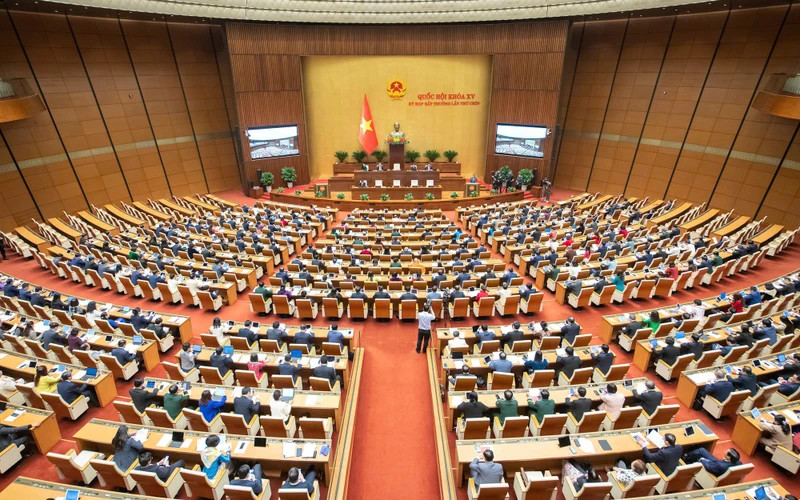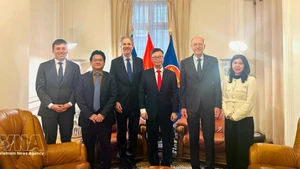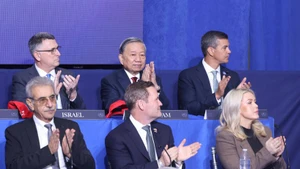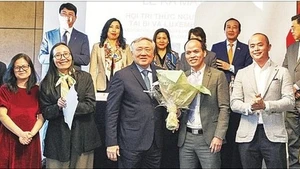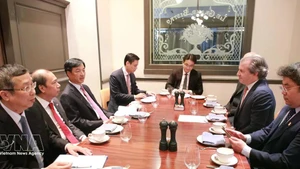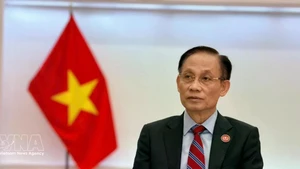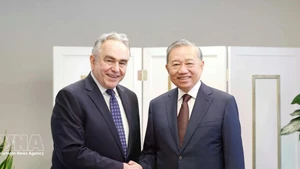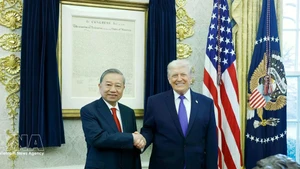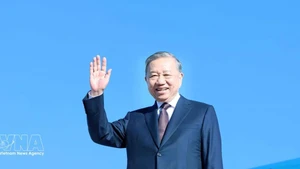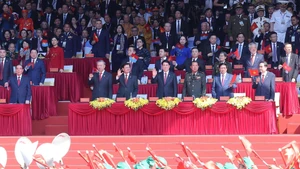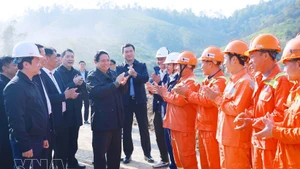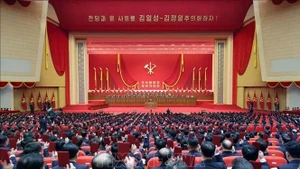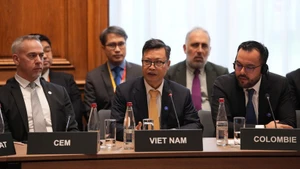The above Directives, Resolutions and Conclusions deeply demonstrate the greatest and most important goal of our Party and State to be determined to innovate for the prosperity of the nation, to continue to improve the material and spiritual life of the people.
The task set for ministries, branches and localities is to implement the above Directives, Resolutions and Conclusions seriously, scientifically and most importantly, to create strong support among the people, cadres and Party members. To achieve this goal, agencies, provinces and cities must act urgently, issue plans, and assign tasks to each Party Committee, Party organisation and government.
In addition, Party Committees at all levels should focus on promptly issuing leadership documents and directing the implementation of appropriate tasks. Legal regulations cannot be a point of difficulty, hindering implementation and need to focus on creating a truly favourable environment for the whole system to operate continuously, unleashing resources among the people, eliminating cumbersome procedures and harassment.
Towards this goal, there is a huge amount of work, many new contents, and diverse perspectives. Therefore, the entire political system needs to have high determination, overcome the difficulties and obstacles that arise to implement the requirements for innovation, build abundant resources and potential for the country.
With that spirit, the process of building and promulgating legal documents needs to continue to be innovated more drastically to meet the changes of reality. Recently, in just over six working days, the 9th Extraordinary Session (from February 12 to 19, 2025) reviewed and approved four laws and 12 resolutions to reorganise the state apparatus and decide on personnel work within its authority; reviewed and approved six resolutions to promote socio-economic development and specific, special, urgent, and necessary mechanisms and policies.
It is necessary to maintain and further promote that spirit of urgency, especially in the development and promulgation of legal documents. In particular, attention should be paid to focus on promptly removing institutional bottlenecks, perfecting the legal framework for the development and operation of a unified, synchronous, feasible, accessible, effective, and substantive system of legal documents.
The process of building the National Assembly’s legislative program needs to continue to be both strategic and long-term, while being highly flexible, closely following new issues from life to make appropriate adjustments, but needing to ensure compliance with the Constitution.
Laws and legal documents need to be assigned to a responsible entity from the beginning to completion, thereby helping to ensure the quality of laws and legal documents, facilitating implementation, and ensuring the connection between the work of building and organising implementation.
Relevant agencies should promptly guide ministries, branches, and localities to disseminate and introduce the basic contents of laws, resolutions, and conclusions of the Party, National Assembly, and Government so that cadres and people can easily access and reach consensus in implementation.
